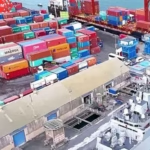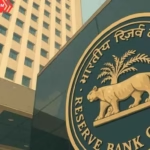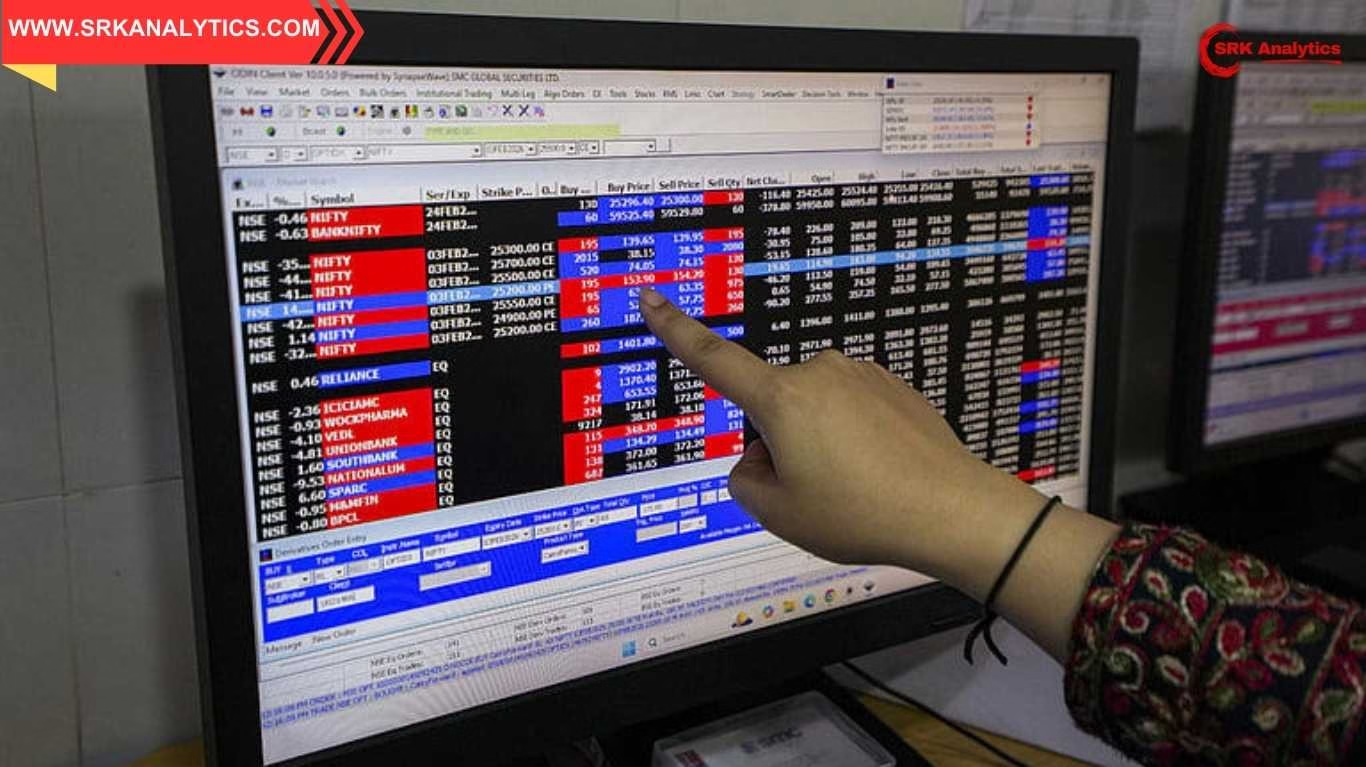In a development with far-reaching implications for the South Asian textile ecosystem, the United States has imposed 35% tariffs on textile and garment imports from Bangladesh, citing concerns over trade imbalances and labour standards compliance. This move is likely to shift significant global sourcing dynamics, impacting Indian textile majors like Gokaldas Exports, KPR Mill, Welspun India, Arvind, and Raymond, which are expected to react sharply in the coming trading sessions.
Why the US imposed tariffs on Bangladesh
According to officials familiar with the development, the tariffs were imposed following:
- Prolonged concerns over wage standards, factory safety compliance, and environmental norms in Bangladesh’s apparel industry.
- Rising trade deficit with Bangladesh, which has nearly doubled in the past four years due to the country’s duty-free and quota-free access under GSP-like provisions.
- Pressure from domestic US textile lobbies demanding protection for local manufacturers.
Bangladesh is the world’s second-largest garment exporter after China, with exports worth nearly $46 billion annually, of which over 20% is destined for the US. The 35% tariff will severely dent its competitive pricing edge, opening opportunities for regional competitors.
Potential impact on Indian textile players
Indian textile companies with strong export capacities to the US are likely to benefit from the disruption in Bangladesh’s cost advantage. The table below outlines leading companies that stand to gain:
| Company | Key Focus Area | FY25 Export Revenue (Rs crore) | % Revenue from US |
|---|---|---|---|
| Gokaldas Exports | Apparel manufacturing & exports | 2,760 | 48% |
| KPR Mill | Knitted garments & yarn exports | 4,600 | 28% |
| Welspun India | Home textiles (towels, bedsheets) | 9,500 | 65% |
| Arvind | Denim & woven garments | 7,200 | 35% |
| Raymond | Formal & casual wear | 5,500 | 20% |
Analyst view
According to market analysts:
- Gokaldas Exports and KPR Mill are best placed to capture immediate order shifts due to their proven compliance standards, cost-efficient integrated operations, and robust customer relationships with US retail giants.
- Welspun India’s home textiles segment may see a lesser direct impact as Bangladesh’s exposure in home textiles is limited, but indirect benefits can accrue through yarn and intermediate demand.
- Apparel manufacturers in Tamil Nadu and Karnataka could see improved capacity utilisation rates if buyers move orders away from Bangladesh in anticipation of the tariff impact on pricing.
Industry reactions
The Confederation of Indian Textile Industry (CITI) issued a statement welcoming the opportunity but cautioned against complacency, saying:
“This is a window for Indian exporters to establish themselves as credible and compliant partners. However, input costs, GST refund delays, and infrastructure bottlenecks remain key challenges in scaling up capacity quickly.”
Bangladesh industry impact
Bangladesh Garment Manufacturers and Exporters Association (BGMEA) has expressed concern that:
- The tariffs could wipe out nearly $6-7 billion worth of exports annually unless negotiated down diplomatically.
- Factories operating on thin margins will face shutdown risks, with potential layoffs running into lakhs if order flows dry up abruptly.
US buyers’ dilemma
Major retailers like Walmart, Target, GAP, and PVH are reportedly evaluating shifting part of their Bangladesh sourcing to:
- India (due to established compliance standards and capacity)
- Vietnam (competitive cost structures with FTA benefits in place)
- Cambodia & Indonesia (smaller bases but with tariff-free or low-tariff access under other agreements)
Recent stock movements
Ahead of the official announcement, Gokaldas Exports stock gained 3.5% last week, while KPR Mill surged by 2.8% on expectations of favourable order flows. Welspun India and Arvind remained largely flat but are expected to see positive sentiment when markets open.
Opportunities and challenges for Indian exporters
| Opportunities | Challenges |
|---|---|
| Higher US orders shifting from Bangladesh | Rising cotton prices impacting input costs |
| Better capacity utilisation and margin gains | Labour shortages in key clusters like Tirupur |
| Strengthened relationships with global retailers | Port congestion and logistics delays |
| Positive investor sentiment in textile stocks | Competition from Vietnam and Cambodia |
Government’s role
Industry bodies have urged the Commerce Ministry to:
- Fast-track the India-US trade deal negotiations to ensure Indian textiles remain competitive.
- Enhance TUFS (Technology Upgradation Fund Scheme) incentives to upgrade capacity quickly.
- Address GST refund delays that are squeezing working capital for mid-sized exporters.
Outlook for textile stocks
Brokerage firm ICICI Securities noted:
“This is a structural positive for Indian apparel exporters if Bangladesh is unable to renegotiate tariff relief. However, scalability and compliance remain key to capturing diverted orders sustainably.”
They have raised target prices for Gokaldas Exports and KPR Mill by 10-12%, factoring in improved earnings visibility in FY26.
Conclusion
The US tariffs on Bangladesh are poised to reshape South Asian textile trade flows, presenting both an opportunity and a test for Indian exporters. While Gokaldas Exports, KPR Mill, and their peers stand to gain from shifting orders, the ability to maintain cost efficiency, compliance, and quick ramp-ups will determine the extent of benefit reaped in the coming quarters.
Disclaimer: This news article is for informational purposes only. Investments in equities are subject to market risks. Readers are advised to consult their financial advisor before making investment decisions based on these insights.











